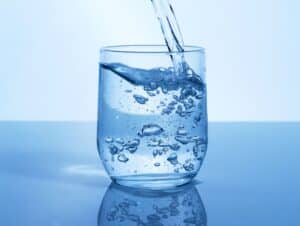What is the Resin Used in Water Softeners?
The resin used in water softeners is an important part of a water softening system. It is necessary for the softening process to work properly. It also helps to improve the quality of the water. The resin is usually made of plastic or synthetic materials. Its composition will depend on the application it is intended for.
(Looking for water softener Missoula? Contact us today!)

Depending on the type of water softener you have, you can use different types of resin. The most common are gel and bead resins. These are available in pellets, sheets or beads. However, there are some disadvantages associated with each type of resin.
A bead-type resin is the most popular for softening water. It has a very low moisture content and is suitable for household use. It comes in a variety of sizes, including fine mesh. It is generally sold in macroporous and super crosslinked grades.
A SAC resin works to remove hardness minerals from water. It contains a layer of sodium ions on its surface. When salt water passes through the resin, the positive charge attracts the sodium ions, breaking them apart. This helps to remove the calcium and magnesium ions that form scale. It also has a high chemical stability.
The capacity of a resin bed is a factor of the water quality and the frequency of use. A resin that has been properly maintained will last longer than one that has been used infrequently. If you use chlorine in your water, the lifespan of your resin will be much shorter than if you don’t. If you live in a place with very high iron levels, your resin will need to be replaced more frequently.
Resin is produced by many manufacturers. Most of them are based in India or China. They sell their products to brokers and water treatment companies. It is also used in pharmaceuticals and agricultural decontamination processes.
The resin is manufactured in a factory and then distributed to water treatment companies and brokers. This can result in a wide range of “brands” from the same factory. When buying a resin, it is essential to choose a supplier that has years of experience selling the type of resin you need. It is also helpful to purchase from a supplier that can offer technical assistance and customer support after the sale.
The resin used in water softeners is typically made of polystyrene, a type of plastic. It looks like a chain link fence or a ball of spaghetti. It is crisscrossed by elastic bands to form a sponge-like bed.
It is important to purchase a resin that is NSF 61 certified. This certification is offered by the Water Quality Association and covers potential toxic leachables. It is also recommended that you record daily readings of the water meter, as well as inlet and outlet pressures. Monitoring trends over time can help to detect any decline in the performance of your water softener.
If you have questions about the resin you have purchased, talk to your water treatment provider or a qualified professional. A good quality resin can last you up to 10 years.

